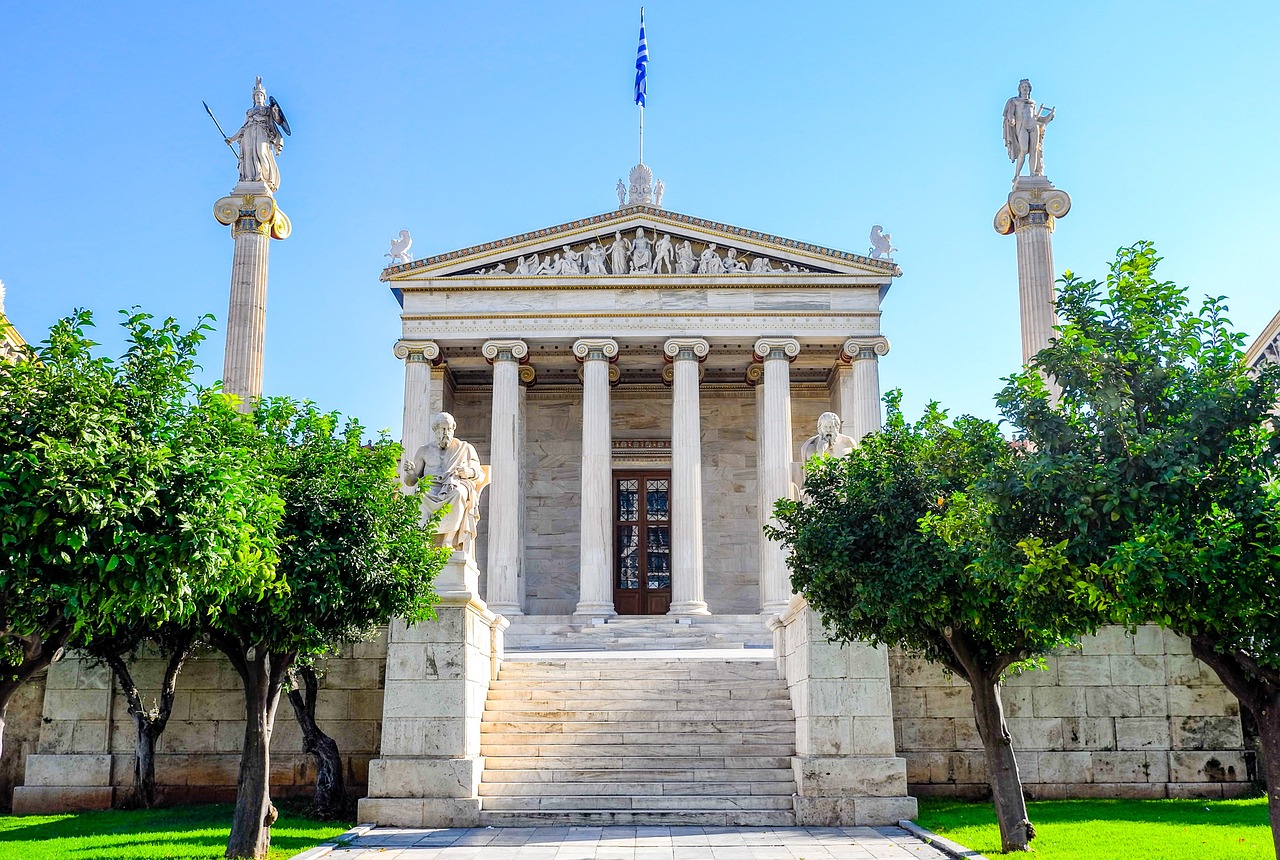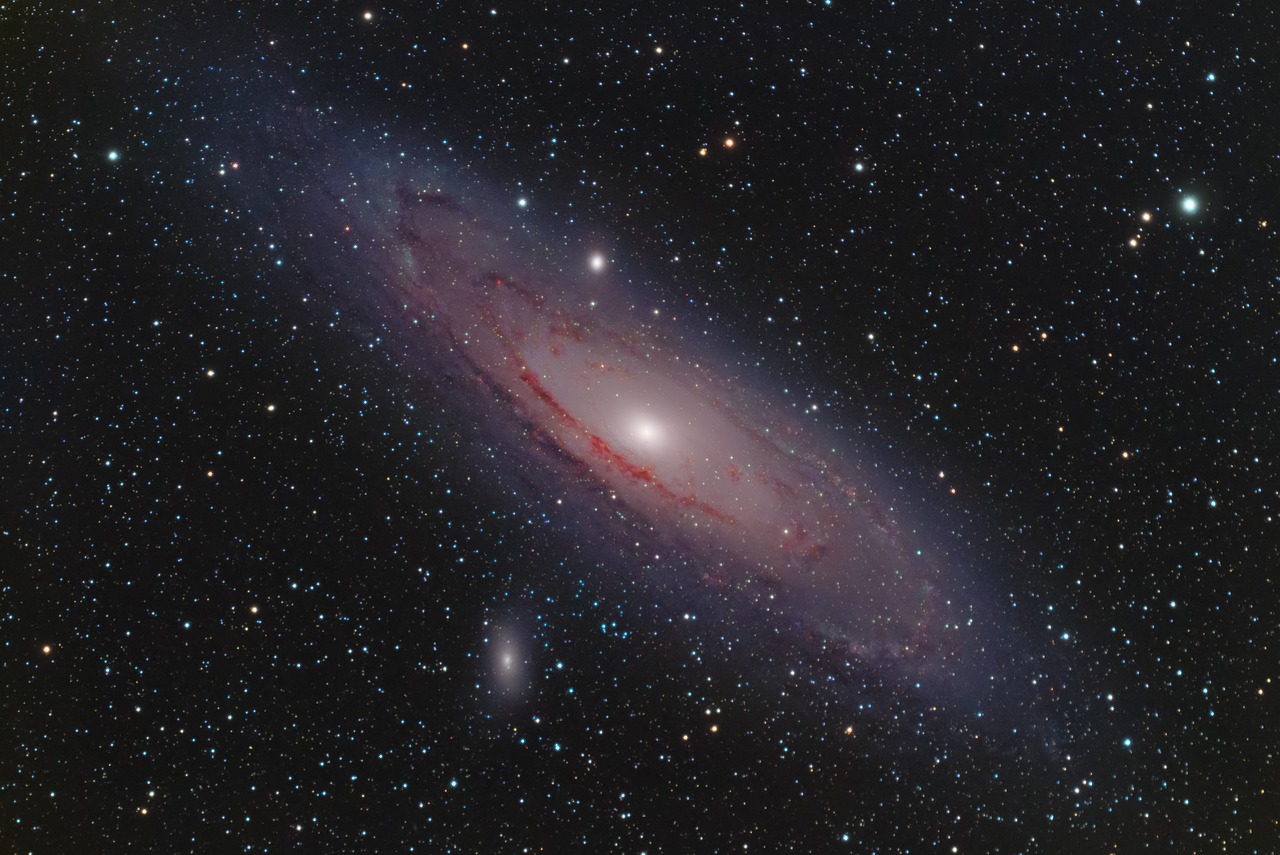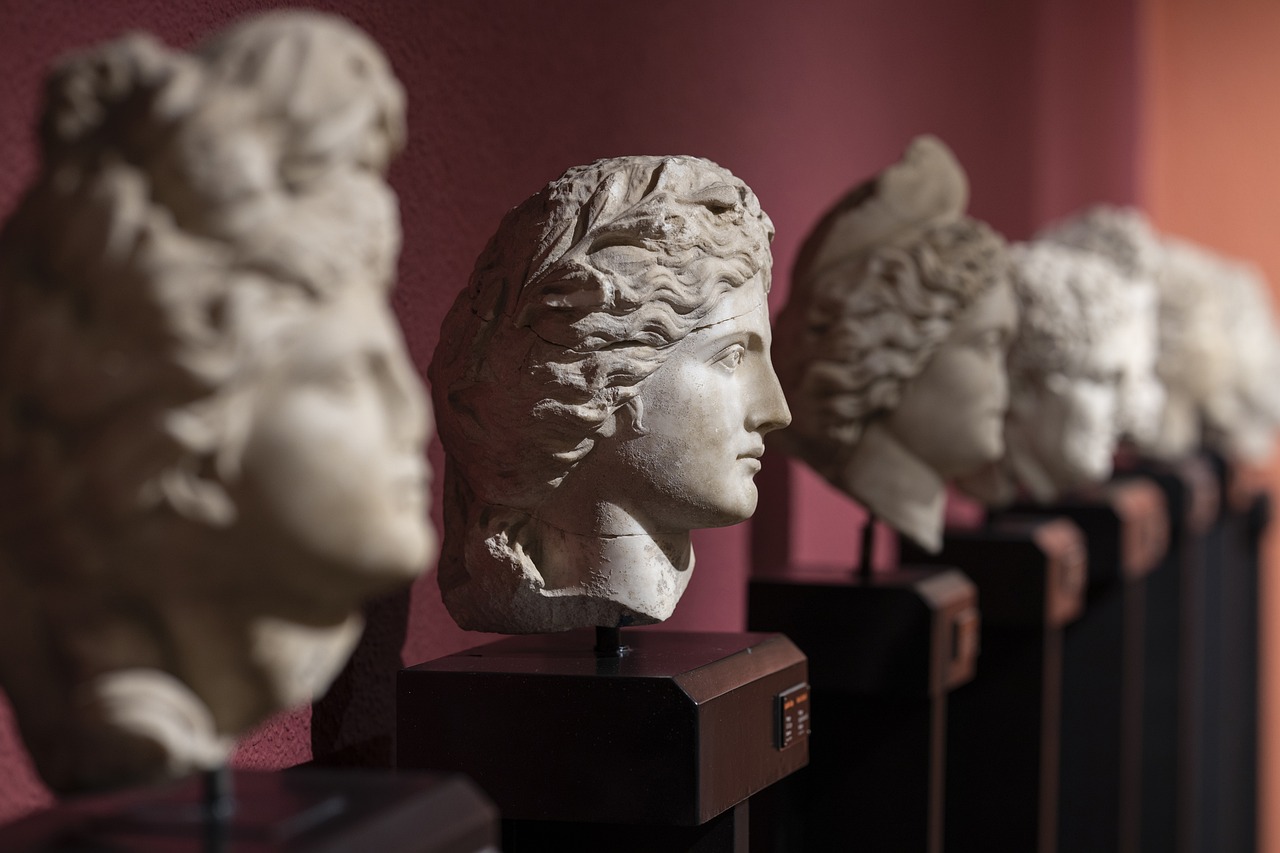-

Athena, a prominent figure in Greek mythology, is revered as the goddess of wisdom, strategy, and warfare, and is often lauded for her guidance in various aspects of life, particularly in matters relating to the city and its defense. Unique in many respects, she stands as a symbol of civilized society and urbanity, contrasting sharply…
-
The ancient deity of the Celts, known as Brigid, dates back to the era of Pre-Christian Ireland. She is prominently featured in Irish folklore as a notable goddess and is recognized as the offspring of the Dagda. Brigid is linked with a variety of important themes, which sometimes complicates the understanding of her divine role.…
-

The Significance of Ra in Ancient Egyptian Religion Ra, also known as Re, stands as the revered sun god within the pantheon of ancient Egyptian deities. One of the most venerated figures in Egyptian mythology, Ra is mixed with other gods like Horus, forming identities such as Ra-Horakhty (the morning sun), Amun (the noonday sun),…
-
Introduction to Medb Medb, the daughter of the king of Tara, has a storied and complex legacy in Celtic mythology. Her narrative is marked by the shocking murder of her pregnant sister, a dark beginning that set the tone for her reign. Upon marrying Aillil, Medb seized control over Connacht, a territory that her sister…
-

Author’s Note: This narrative serves as a reimagined beginning of the mythological tale of Perseus and Andromeda, told from Andromeda’s perspective, intricately woven into the historical tapestry of Ancient Ethiopia—the original backdrop for this profound legend. This piece is a tribute to Andromeda’s fragmented monologue in Euripides’ play, emphasizing those lost sentiments. For those seeking…
-

Rhea, sometimes known as Rheia, stands out as one of the central figures among the Titans, born from the union of Gaia (the Earth) and Uranus (the Sky). She represents the Earth in a nurturing capacity, embodying the powers of fertility and motherhood. As part of the second generation of Greek deities, Rhea holds the…
-

In the realm of Scottish mythology, the each-uisge is depicted as a mystical water horse that roams the Highlands. The term each-uisge is derived from Scottish Gaelic, signifying ‘water horse’. Its Irish counterpart is known as the each-uisace or Ech-Ushkya, while on the Isle of Man, it is referred to as cabyll-ushtey. Renowned for its…
-

Ares, known as the Greek god of war, is often regarded as one of the least favored Olympian deities due to his impulsive nature, fierce temperament, and constant craving for chaos. His romantic entanglement with Aphrodite, his clashes with Hercules, and the ire he drew from Poseidon after slaying the latter’s son, Halirrhothios, highlight his…
-

Belenos: The Shining Deity of Celtic Belief Belenos, also recognized by various names such as Belen, Belenus, Belinus, Bellinus, and Bélénos, is a noteworthy figure within Celtic mythology. Considered one of the significant high gods in this belief system, he is widely acknowledged across the entire Celtic realm and is linked to various geographical locations…
-

Mors: The Roman Personification of Death Mors, in Roman mythology, is a distinctive embodiment of Darkness and Agony, as well as the personification of death. She represents a fundamental aspect of existence, illustrating the inescapable nature of mortality. Overview As a principal representation of death, Mors is the daughter of Nox (the goddess of night)…


